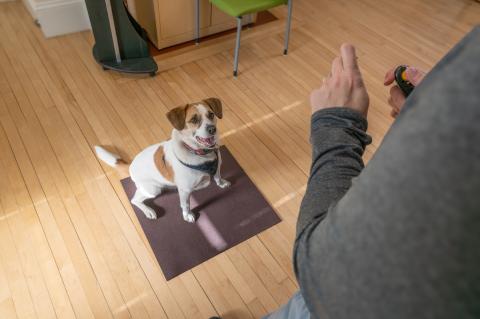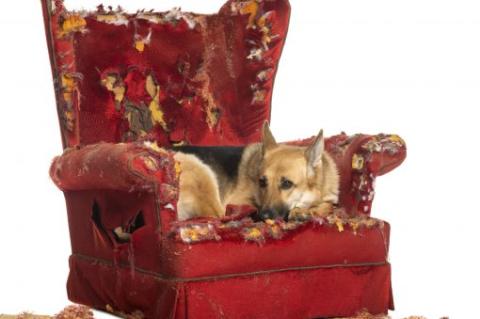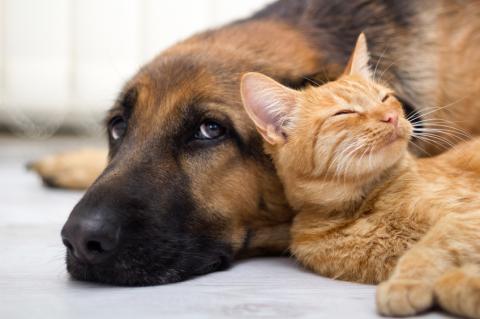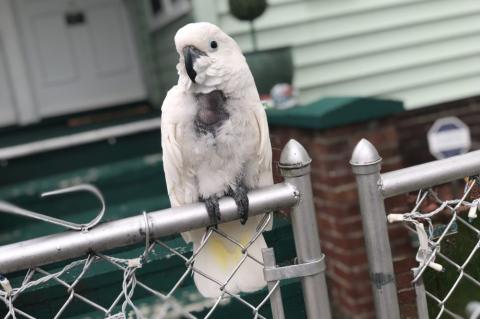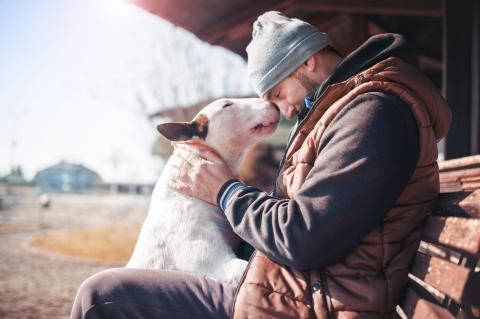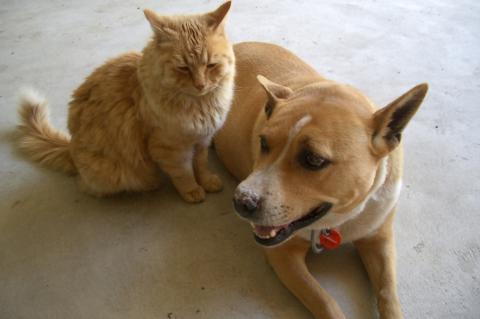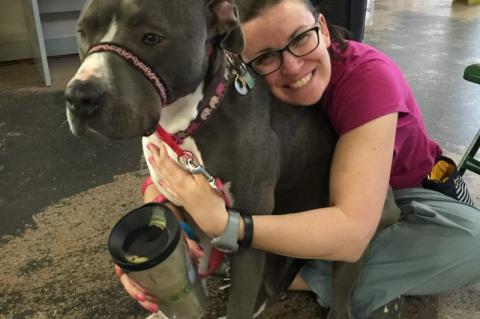
Behavior
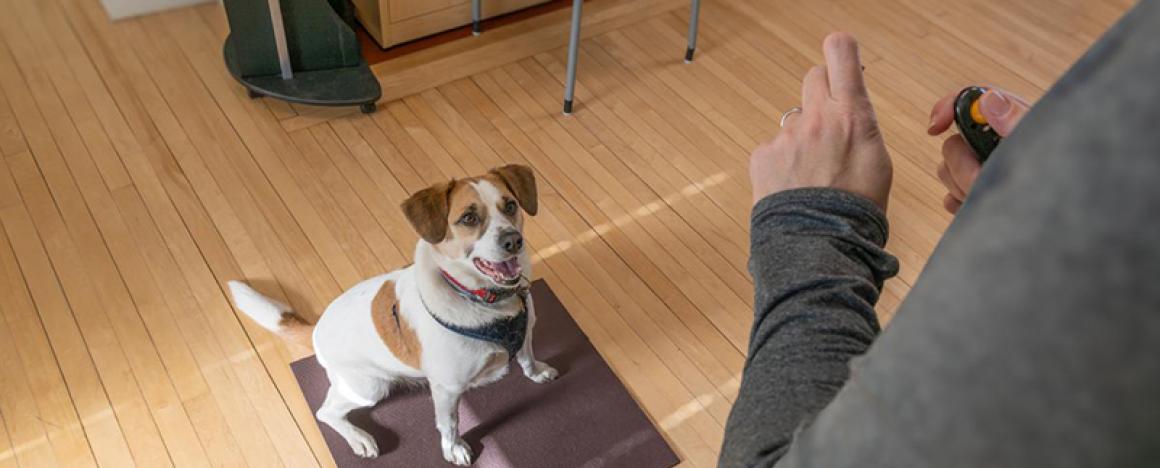
Referring Veterinarians
Referring a client to Foster Hospital is easy with veterinarian liaison support.
The Behavior Service sees dogs, cats, rabbits, ferrets, birds (including parrots and backyard chickens), and pet pigs.
What Kind of Behavior Problems Do We See?
The behavior service successfully treats many common animal-behavior problems, including:
- Aggression directed at people or other animals
- Anxiety issues, including separation anxiety
- Fears and phobias such as thunderstorm phobia or fear of car travel
- Fear of veterinary care and grooming
- Compulsive disorders such as tail and/or shadow chasing and flank and/or wool sucking
- Inappropriate elimination issues, including urine spraying
- Excessive vocalization
- Destructiveness, including excessive chewing or furniture scratching
What About Horses and Other Large Animals?
The behavior service consults with owners of large-animal patients that are in the hospital for treatment with other services. We focus on behavior modification that supports tolerance of veterinary care and continued treatment after discharge.
The behavior service treats other problems in horses and large animals—including aggression, repetitive movement (compulsive) disorders, and severe fearfulness—via consultation with your animal’s primary care veterinarian.
Training Services
We offer individual training services for clients of the behavior service, customized to the individual needs of your pet. We can help with implementation of specific behavior-modification techniques in your pet’s behavior plan or with training new skills to support your pet’s behavior goals. We are also available to work on other “life skills,” including attention, loose leash walking, and calm greeting. Our trainer uses strictly force-free training methods.
We offer behavior-modification packages in which clients and patients work with the behavior service trainer to address a single problem or learn a necessary life skill. These include:
- Nail trims with a nail board
- Desensitization to veterinary care
- Desensitization to homecare procedures (eye medication, ear cleaning, nail trims)
- Muzzle training
Resources
New Clients at the Behavior Service
Book an appointment and learn what to expect when you bring your pet to the Behavior Service.
Follow-Up Care for Current Patients
Emails and phone calls are invited for urgent concerns, quick questions, and clarifications of the doctor’s treatment plan.
Frequently Asked Questions
Need help? Please review our most frequently asked questions about appointments and our services.



